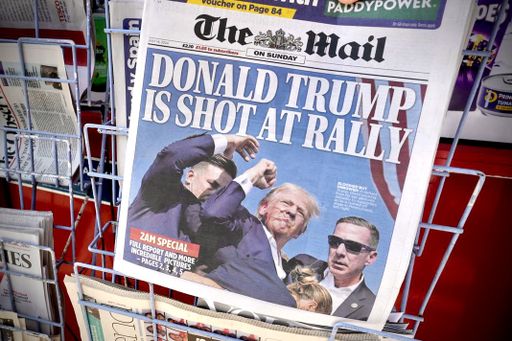On July 13, 2024, a shooting attack targeting former US President and designated Republican Presidential candidate Donald Trump shook a campaign event near Butler, Pennsylvania. Trump survived with injuries to his right ear, a spectator was killed, and at least two more people were seriously injured. The 20-year-old perpetrator, Thomas Matthew Crooks, was shot and killed at the scene by the Secret Service.
This event is not only a national tragedy, but could also have far-reaching global implications. The increasing political violence in the USA reflects a growing trend that has the potential to exacerbate existing tensions and trigger a chain of crises worldwide.





